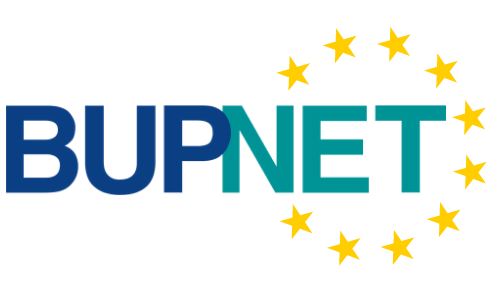In today’s digital landscape, the proliferation of fake news, especially across the internet and social media platforms, has become a pressing concern. Navigating between true and false information, as well as discerning reliable from unreliable sources, poses a significant challenge for many. This challenge is particularly pronounced among older adults, who often struggle to keep pace with the rapid advancements in the digital realm, rendering them more susceptible to the pitfalls of fake news compared to their younger counterparts. Now more than ever, it is crucial for older adults to grasp the concept of fake news, learn to identify it, understand its implications, and acquire strategies to mitigate its influence.
Addressing this need for digital literacy and media discernment, innovative workshops have been developed as part of the EU-funded project SAFE. These will be implemented in collaboration with the Nachbarschaftszentrum (Neighbourhood Centre) Grone, Göttingen, Germany. The workshops aim to promote media literacy, digital engagement, and active citizenship among older adults, as well as those who work with them. The workshop tailored for facilitators spans approximately 3 hours, while the sessions designed for older adults themselves consist of two sessions, each lasting around 3 hours.
Key components of the workshops include:
- Understanding Fake News: Exploring the motives, techniques, and consequences of fake news through concrete examples.
- Identifying Fake News: Equipping participants with methods and tools to discern misinformation.
- The Role of Social Media in Fake News Propagation: Examining the impact of social media platforms on the spread of fake news.
- Addressing Safety Concerns: Navigating the security and challenges older adults face when using popular social media and messaging apps such as Facebook, WhatsApp, and others.
- Self-Reflection on Content Sharing Habits: Analyzing personal habits when sharing content online.
- Social Media Safety Measures: Exploring privacy settings and notification features to enhance online safety.
- Tailoring Learning Approaches: Employing age-sensitive didactics and methodologies to cater to older learners.
- Fostering Critical Thinking: Promoting critical thinking skills among older adults to enhance their media literacy.
- Effective Strategies for Combatting Fake News: Providing actionable steps to counter the spread of misinformation.
By empowering older adults with the knowledge and skills to navigate the digital landscape effectively, these workshops contribute to fostering a more informed and resilient society in the face of the challenges posed by fake news.

